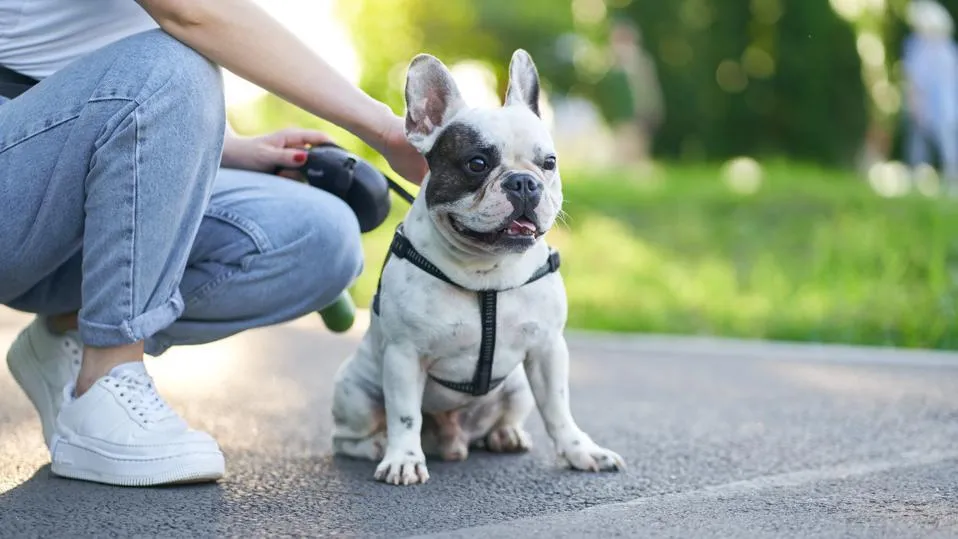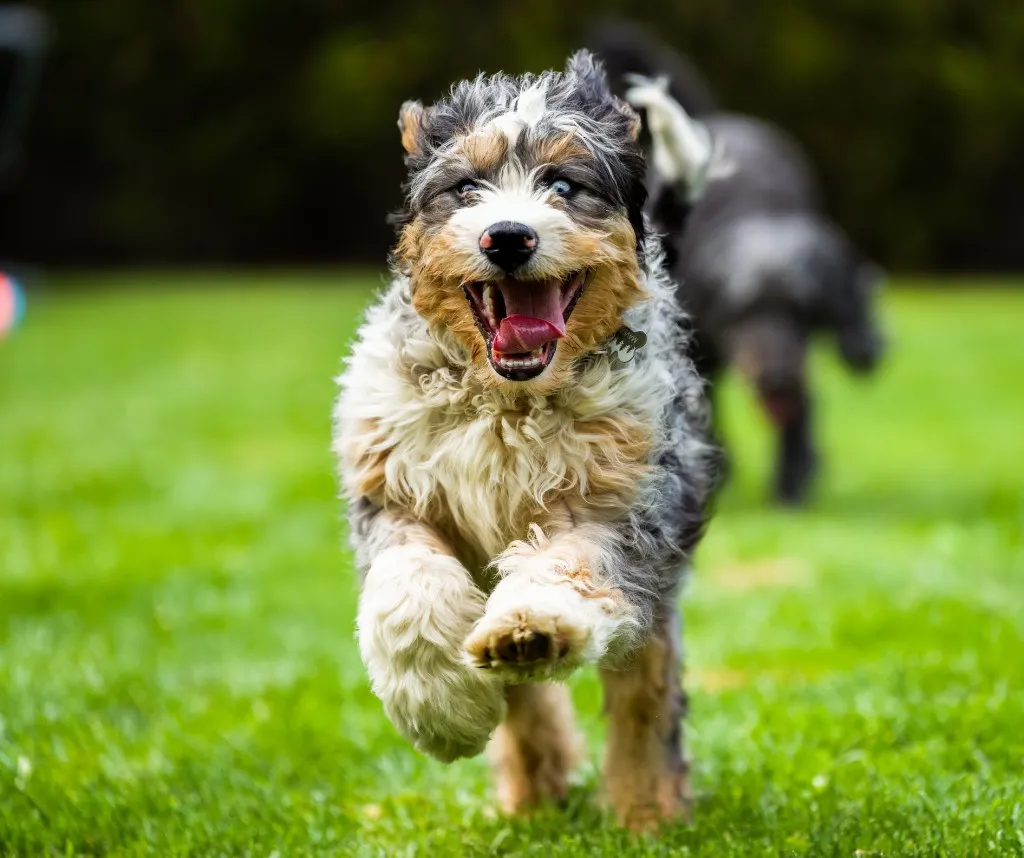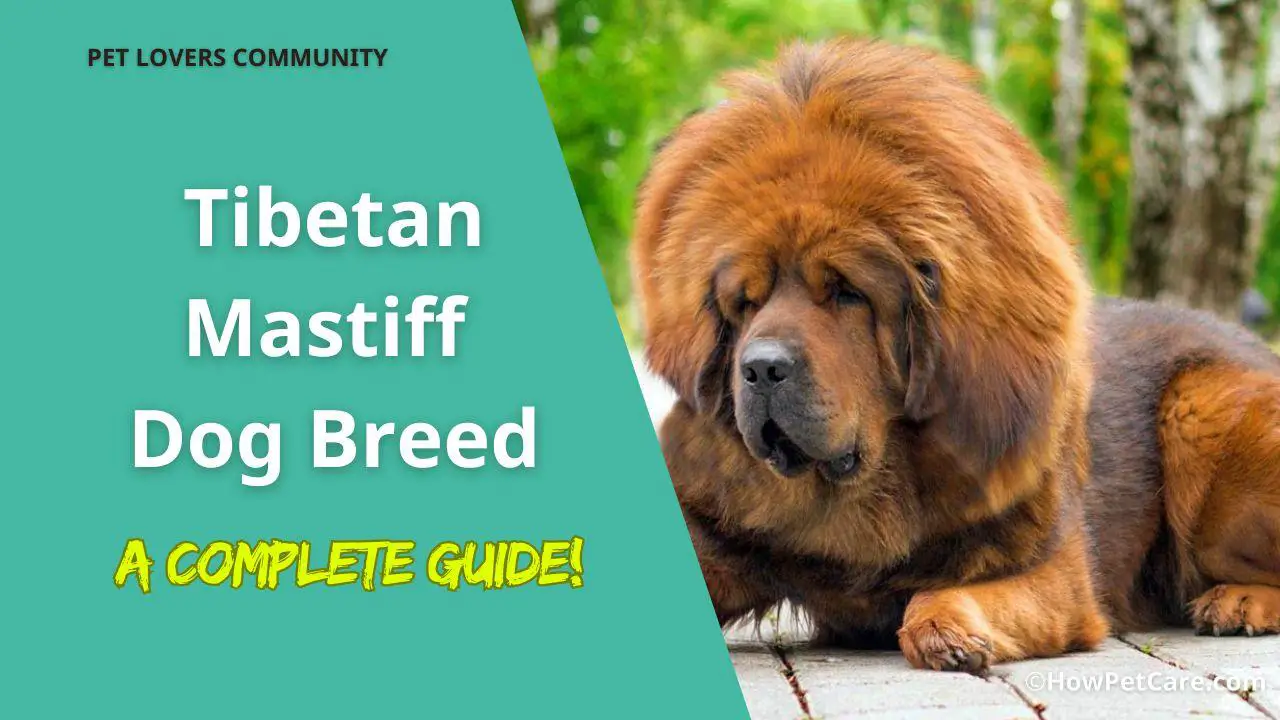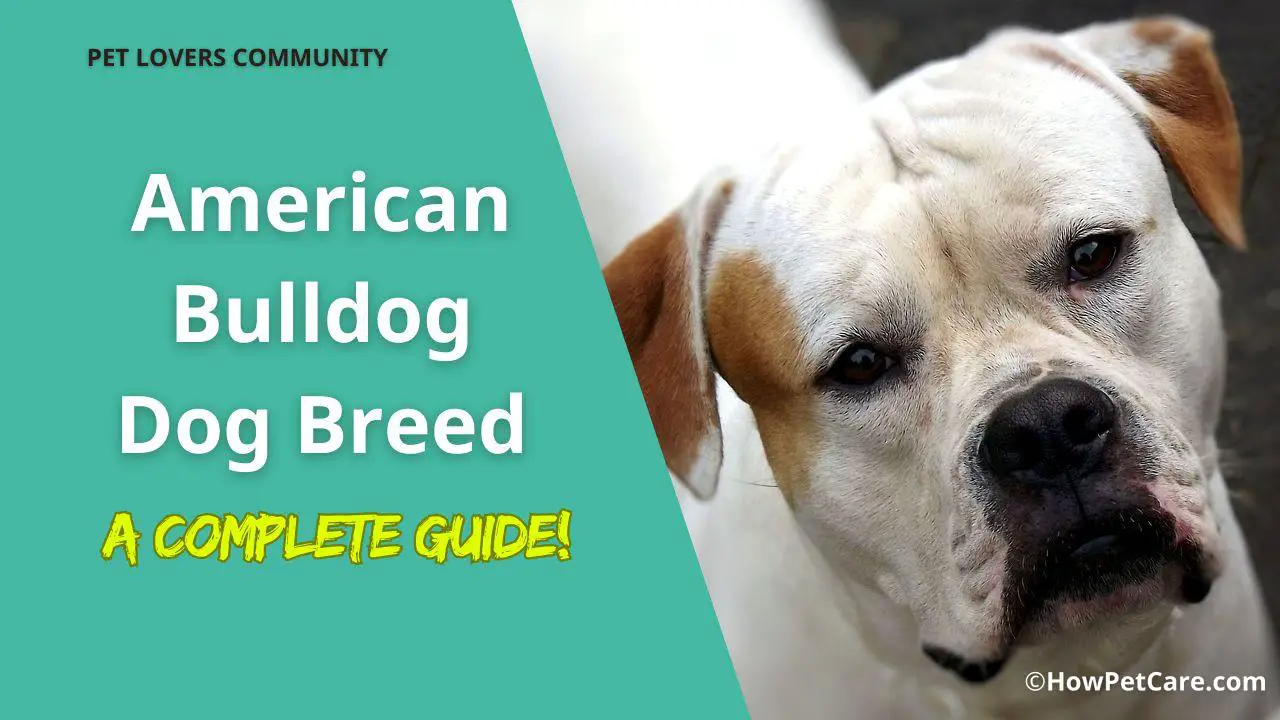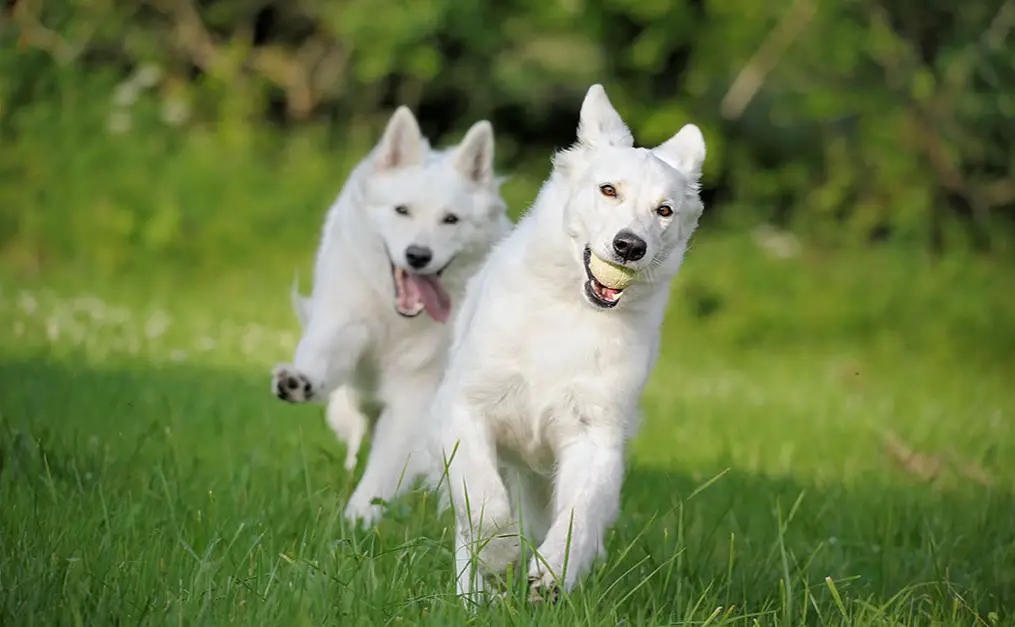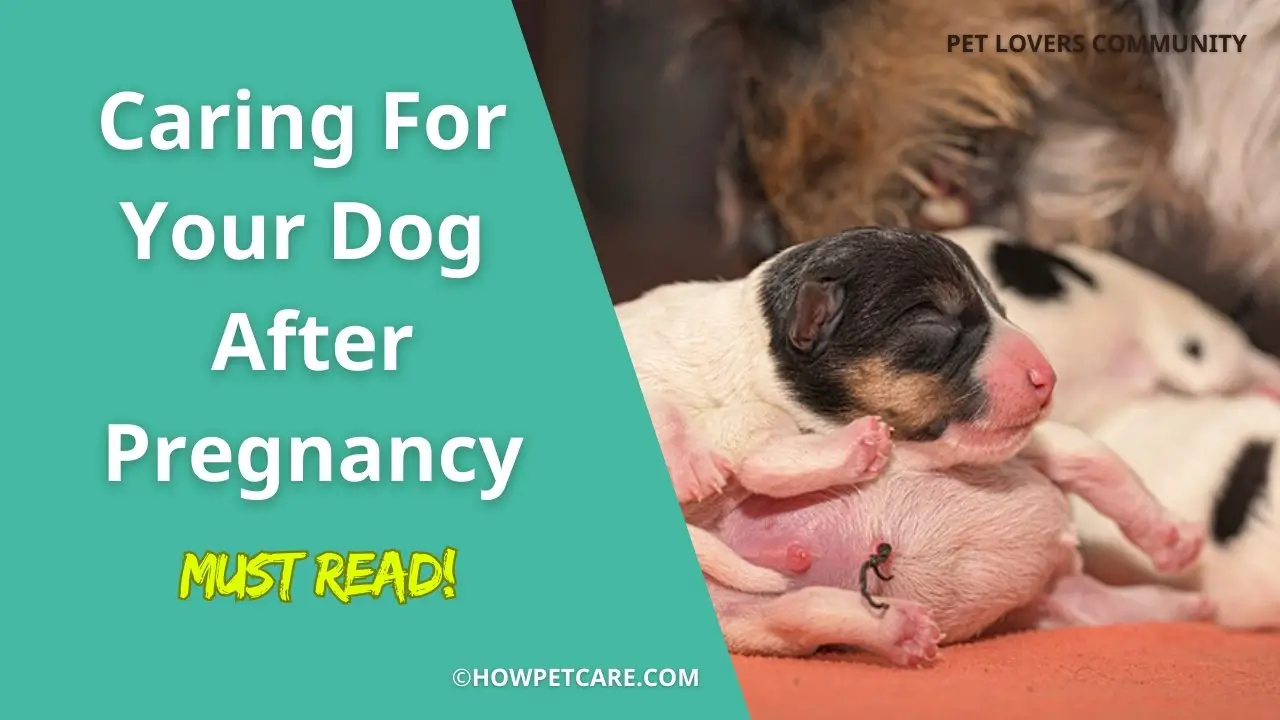The Shepadoodle, a charming crossbreed between the German Shepherd and the Poodle, has been gaining popularity as an intelligent, affectionate, and versatile companion.
This designer dog combines the loyalty and protective instincts of the German Shepherd with the intelligence and low-shedding coat of the Poodle, resulting in a unique and lovable pet.
A Brief History of the Shepadoodle
While the Shepadoodle itself doesn’t have a long history as a distinct breed, its parent breeds boast rich backgrounds.
The German Shepherd, developed in the late 19th century by Captain Max von Stephanitz, was originally bred for herding and later became renowned for its versatility in various working roles.
The Poodle, despite its association with France, actually originated in Germany as a water retriever before becoming a popular companion dog.
The intentional crossing of these two breeds to create the Shepadoodle is a relatively recent development, likely occurring within the last few decades as part of the designer dog trend.

Physical Characteristics
Shepadoodles are generally medium to large dogs, with their size depending on which parent breed they take after more.
They typically weigh between 50 to 90 pounds and stand 22 to 28 inches tall at the shoulder.
Their coat can vary in texture and length, often being wavy or curly, and comes in a range of colors including black, white, brown, and various combinations.
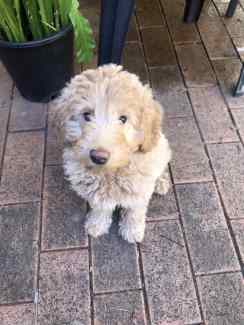
Temperament and Personality
One of the most appealing aspects of the Shepadoodle is its wonderful temperament.
These dogs are known for being:
- Intelligent: Inheriting the smarts of both parent breeds, Shepadoodles are quick learners and excel in training.
- Affectionate: They form strong bonds with their families and are often very loving and cuddly.
- Loyal: Like their German Shepherd parent, Shepadoodles are typically very loyal to their owners.
- Energetic: These dogs have a good amount of energy and enjoy regular exercise and playtime.
- Social: With proper socialization, Shepadoodles can be friendly with people and other animals.

Exercise and Training Needs
Shepadoodles are active dogs that require regular exercise to stay happy and healthy.
Daily walks, play sessions, and mental stimulation through training or puzzle toys are essential.
Their intelligence makes them highly trainable, but it also means they need mental challenges to prevent boredom.
Training should start early and be consistent, using positive reinforcement methods.
Shepadoodles excel in obedience, agility, and other dog sports, making these activities great options for both physical exercise and mental stimulation.
Grooming Requirements
The grooming needs of a Shepadoodle can vary depending on which parent’s coat they inherit more strongly.
Generally, they require regular brushing to prevent matting and tangling of their coat.
Some Shepadoodles may be low-shedding, making them a good choice for allergy sufferers, but this isn’t guaranteed.
Professional grooming every 6-8 weeks may be necessary to maintain their coat in good condition.
Regular nail trims, ear cleaning, and dental care are also important aspects of their grooming routine.

Health Considerations
Like all mixed breeds, Shepadoodles can inherit health issues from either parent breed.
Some potential health concerns include:
- Hip and elbow dysplasia
- Bloat
- Epilepsy
- Eye problems (such as progressive retinal atrophy)
- Skin allergies
Regular veterinary check-ups, a balanced diet, and proper exercise can help mitigate some of these health risks.
It’s important to obtain a Shepadoodle from a reputable breeder who conducts health screenings on their breeding dogs.
Is a Shepadoodle Right for You?
Shepadoodles can make wonderful companions for the right families. They’re best suited for:
- Active individuals or families who can provide daily exercise and mental stimulation
- Those looking for an intelligent, trainable dog
- People who enjoy outdoor activities and want a canine companion to join them
- Families with older children who can handle the dog’s size and energy
- Those with some dog experience, as Shepadoodles can be a bit challenging for first-time owners due to their intelligence and energy levels

However, they may not be the best fit for:
- Apartment dwellers or those without access to a yard
- People with very limited time for exercise and training
- Those looking for a low-energy lap dog
- Families with very young children who might be knocked over by an energetic dog
Conclusion
The Shepadoodle is a fascinating blend of two beloved breeds, offering intelligence, affection, and versatility in one package.
While they require a commitment to exercise, training, and grooming, they reward their owners with unwavering loyalty and companionship.
If you’re an active person or family looking for a smart, loving, and playful dog, the Shepadoodle might just be the perfect fit for you.
Remember, every dog is an individual, and while breed characteristics can give you a general idea of what to expect, it’s important to meet and interact with a dog before making the commitment to bring them into your home.
Whether you choose to adopt from a rescue or purchase from a reputable breeder, a Shepadoodle can make a wonderful addition to the right home.
Breed information
| Characteristic | Information |
|---|---|
| Name | Shepadoodle (also known as Sheepadoodle) |
| Origin | United States (hybrid breed) |
| Group | Companion/Hybrid |
| Size | Medium to Large |
| Height | 15-27 inches (38-69 cm) |
| Weight | 50-90 lbs (23-41 kg) |
| Lifespan | 12-15 years |
| Coat | Wavy or curly; can be soft and plush |
| Color | Various colors including black, white, gray, sable, and combinations |
| Temperament | Friendly, intelligent, playful, loyal |
| Energy Level | Moderate to high |
| Exercise Needs | Moderate to high; enjoys daily walks, playtime, and mental stimulation |
| Intelligence | High; quick learner and enjoys engaging activities |
| Trainability | High; responds well to positive reinforcement and consistent training |
| Grooming Needs | Moderate to high; regular brushing needed to manage coat and prevent matting |
| Shedding | Low to moderate |
| Health Issues | Potential for health issues such as hip dysplasia, eye conditions, and some genetic conditions |
| Diet | High-quality dog food; typically 2-4 cups per day depending on activity level and size |
| Good with Children | Generally good; playful and gentle with children |
| Good with Other Pets | Generally good with other pets if properly socialized |
| Barking | Moderate; may bark to alert or when excited |
| Adaptability | Adaptable to various living situations; well-suited for families and enjoys companionship |
| Trainability | High; thrives on learning and positive reinforcement |
| AKC Classification | Not recognized by the American Kennel Club (AKC) |
Sources:
- Doodle Guide – Shepadoodle Overview
- Vetstreet – Shepadoodle Overview
- Sheepadoodle Club – Shepadoodle Information


